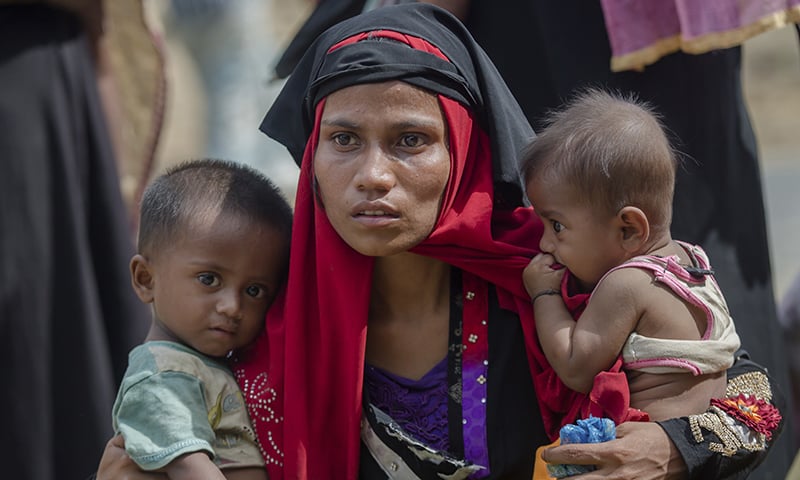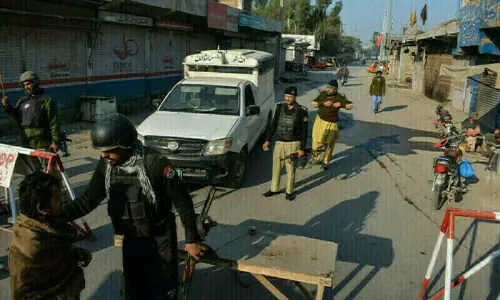Rohingya Muslims remaining in Myanmar still face a “serious risk of genocide”, UN investigators said on Monday, warning the repatriation of a million already driven from the country by the army remains “impossible”.
The fact-finding mission to Myanmar, set up by the Human Rights Council, last year branded the army operations in 2017 as “genocide” and called for the prosecution of top generals, including army chief Min Aung Hlaing.
Some 740,000 Rohingya fled burning villages, bringing accounts of murder, rape and torture over the border to sprawling refugee camps in Bangladesh, where survivors of previous waves of persecution already languish.
But in a damning report, the UN team said the 600,000 Rohingya still inside Myanmar's Rakhine state remain in deteriorating and “deplorable” conditions.
“Myanmar continues to harbour genocidal intent and the Rohingya remain under serious risk of genocide,” the investigators said in their final report on Myanmar, due to be presented on Tuesday in Geneva.
The country is “denying wrongdoing, destroying evidence, refusing to conduct effective investigations and clearing, razing, confiscating and building on land from which it displaced Rohingya,” it said.
Myanmar military spokesman Zaw Min Tun rejected the team's findings, calling them “one-sided”.
“Instead of making biased accusations, they should go onto the ground to see the reality,” Zaw Min Tun told AFP.



































